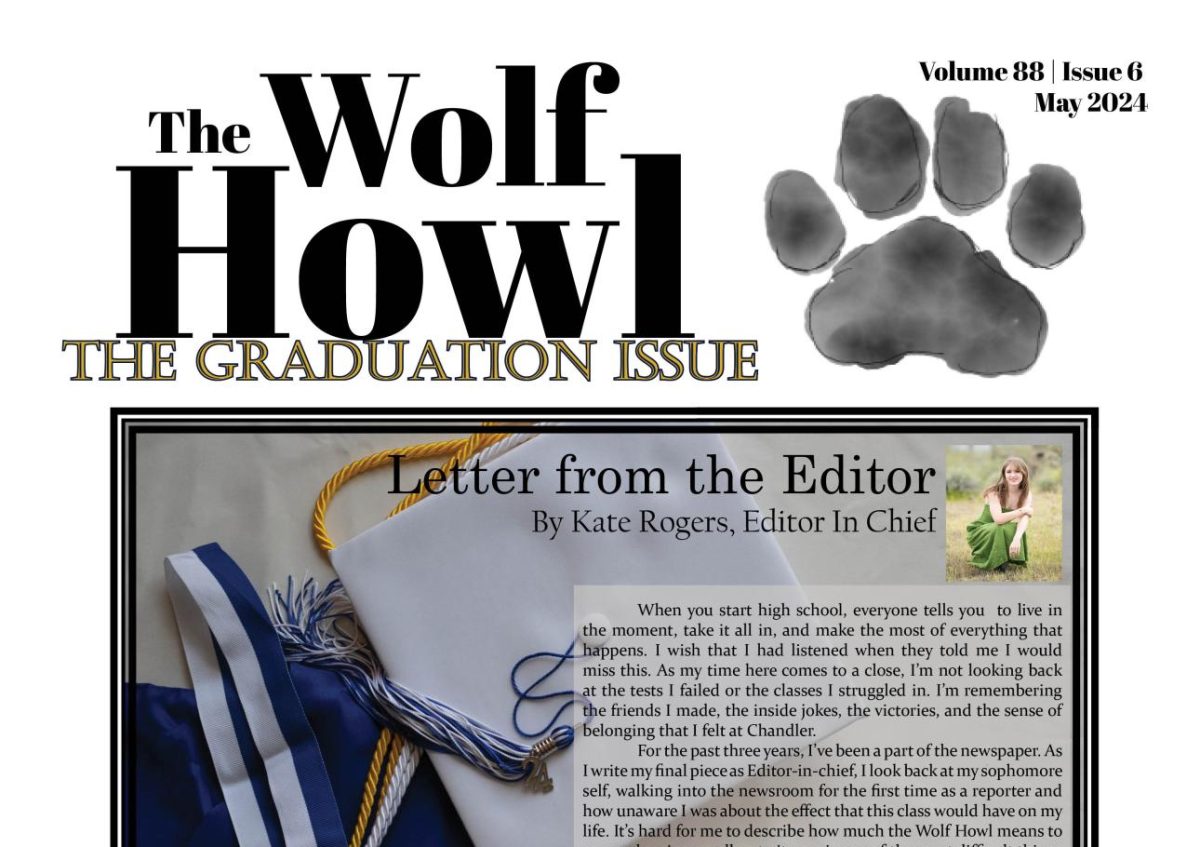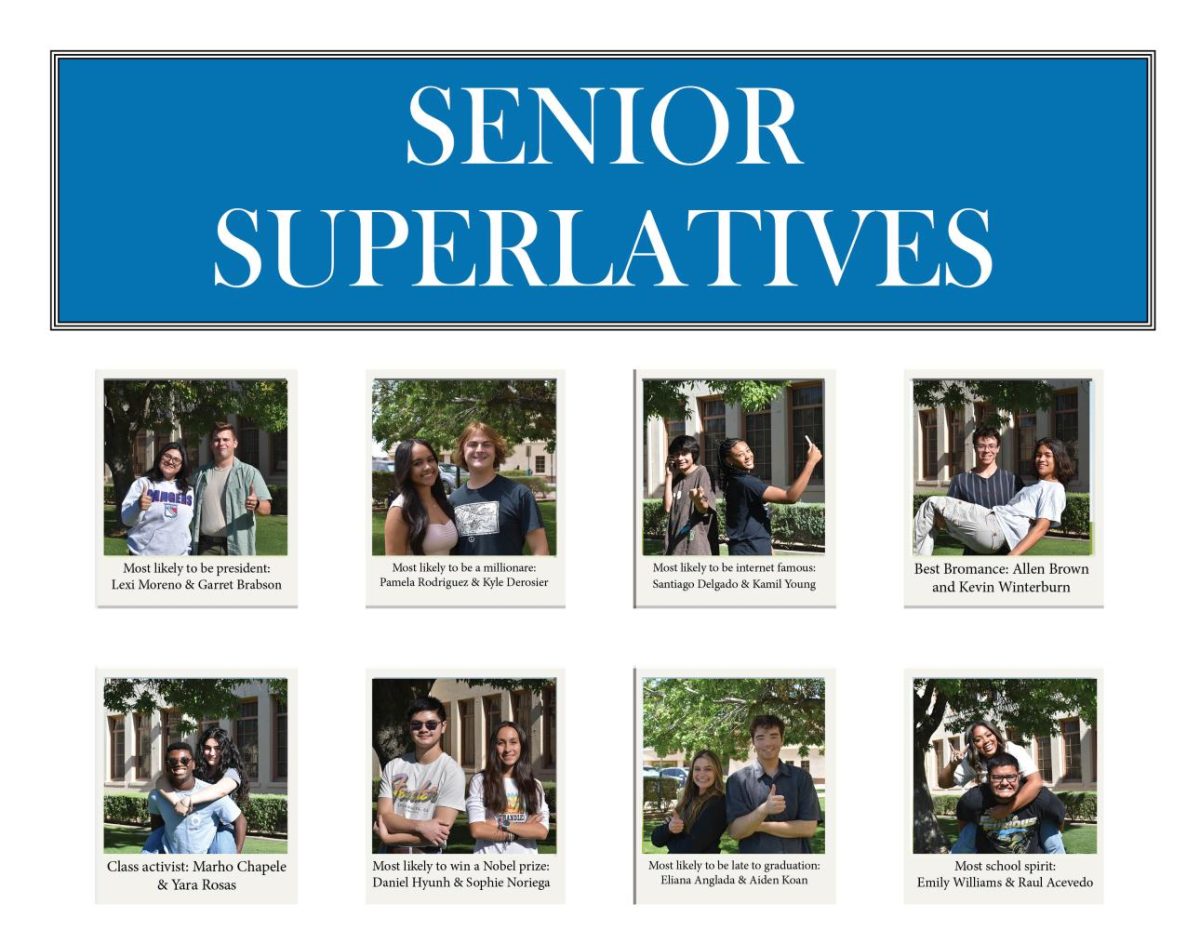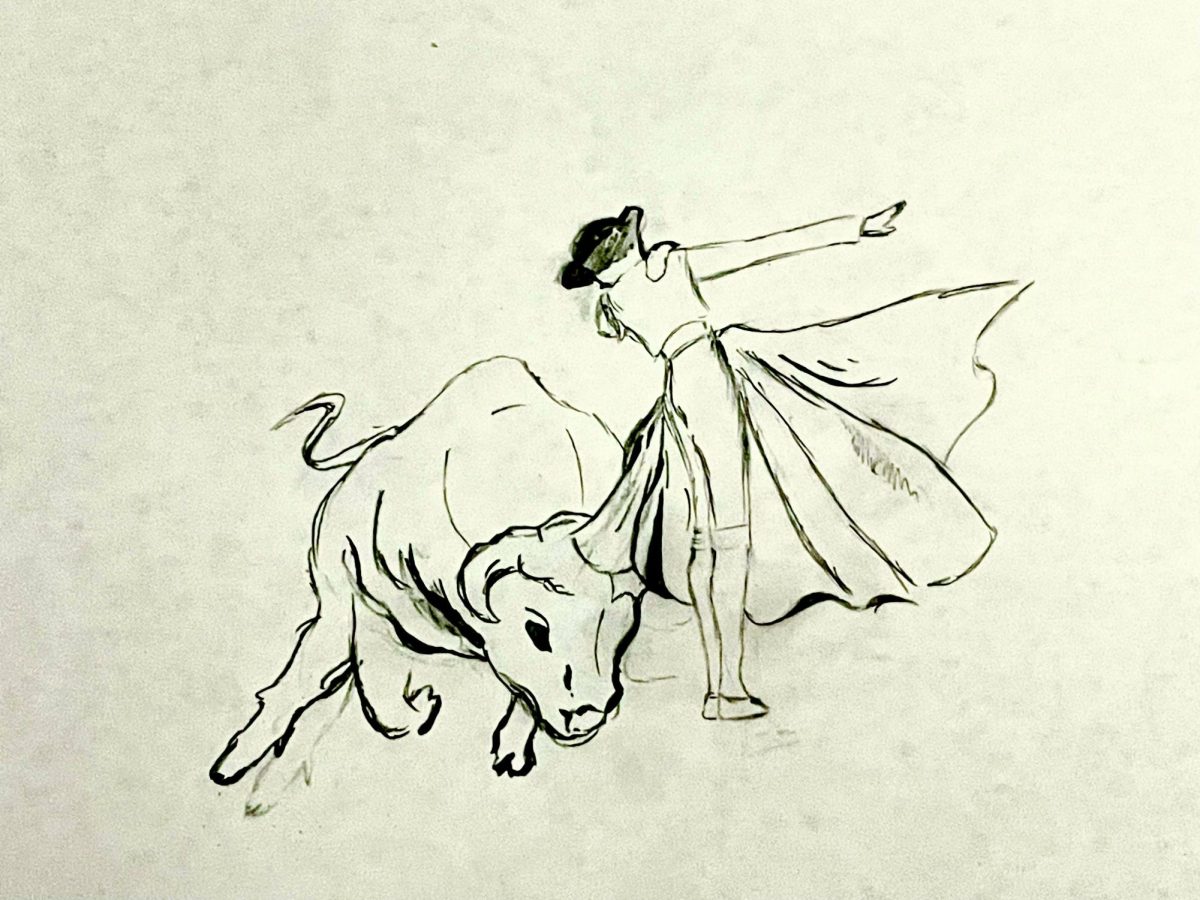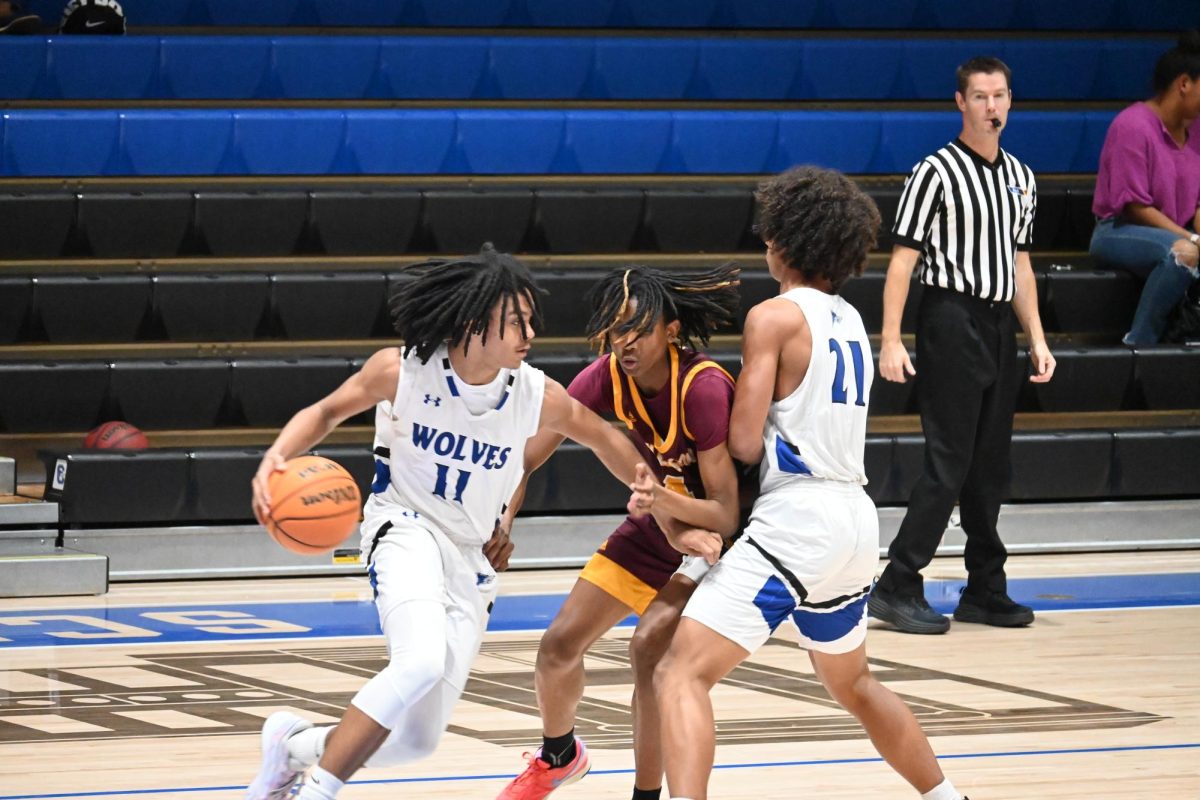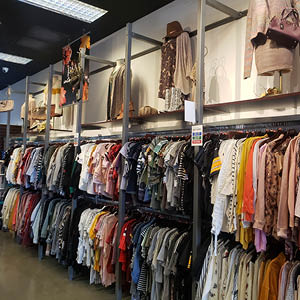
In recent months, trends have shifted away from fast fashion into a more environmentally conscious way of shopping—thrifting. The reasons behind the rise of thrifting are numerous. For one, today’s society is attempting to reduce their carbon footprint by purchasing secondhand goods that would otherwise go to waste. Thrifting and secondhand shopping have become symbolic of Gen Z’s aspiration to stray from the path created by previous generations, which resulted in massive clothing waste and the mistreatment of employees. In 2019, around 40 percent of Gen Z was buying second-hand clothing, compared to less than 30 percent years prior, according to a report managed by ThreadUp. Thrifting is becoming more popular as young adults looking for a way to shop for the latest trends, while also shopping sustainably. And, on the surface, thrifting is an amazing concept. But what scientists have come to realize over the years, is that trendy pieces are flooding the market, and therefore becoming more harmful to people. Madeline Moran, a senior at Chandler High, says, “People of our generation seek individuality, and thrift stores are places where you can find clothes no one ever has.” As the popularity of fast fashion stores like H&M and Forever 21 grow at record rates, these companies are producing cheap clothing using toxic dyes, making the industry some of the largest polluters of clean water globally, states Good on You fashion. Kate Rogers, a Junior at Chandler High, says, “It makes people feel better about themselves because they believe they’re not contributing to the fast fashion industry and helping the planet, even though they’re not, they’re still contributing and making the same amount of waste.” Thrifting casts a perfect illusion of planet-friendly and guilt-free shopping, but when you take into account all the issues it’s causing, this isn’t the case.
Buying second-hand items may seem better for the economy and the environment, but few people consider the effects of greenwashing. Greenwashing is when a company appears to be environmentally cautious for marketing purposes, but isn’t making any sustainability decisions (Business News Daily). People gravitate towards fast fashion because it’s trendy clothing sold for a cheap price. The pressure to speed up and reduce costs placed on sustainable clothing companies has been because of the rise of both thrifting and fast fashion. Thrift stores are barely staying above the constant demand for cheap, quality clothing. These expectations were placed because of the over-consumption of fast fashion and unethical companies’ methods. There’s been a huge increase in donations to thrift stores, which in theory, is a great thing. However, according to The New York Times, the increase in donations has led to an increase in business costs, which results in a need for more employees. Clothes that get sold on the floor are priced higher to keep the store running.
The rising popularity of thrifting is being used as an alternative to buying from ethical, and sustainable companies, which is causing numerous issues. Studies show that a garment bought from online fast fashion companies like Zara or Shein is worn an average of ten times before being thrown away, or donated. People need to wake up and realize that just because they’re buying secondhand items doesn’t mean they’re helping the environment.






